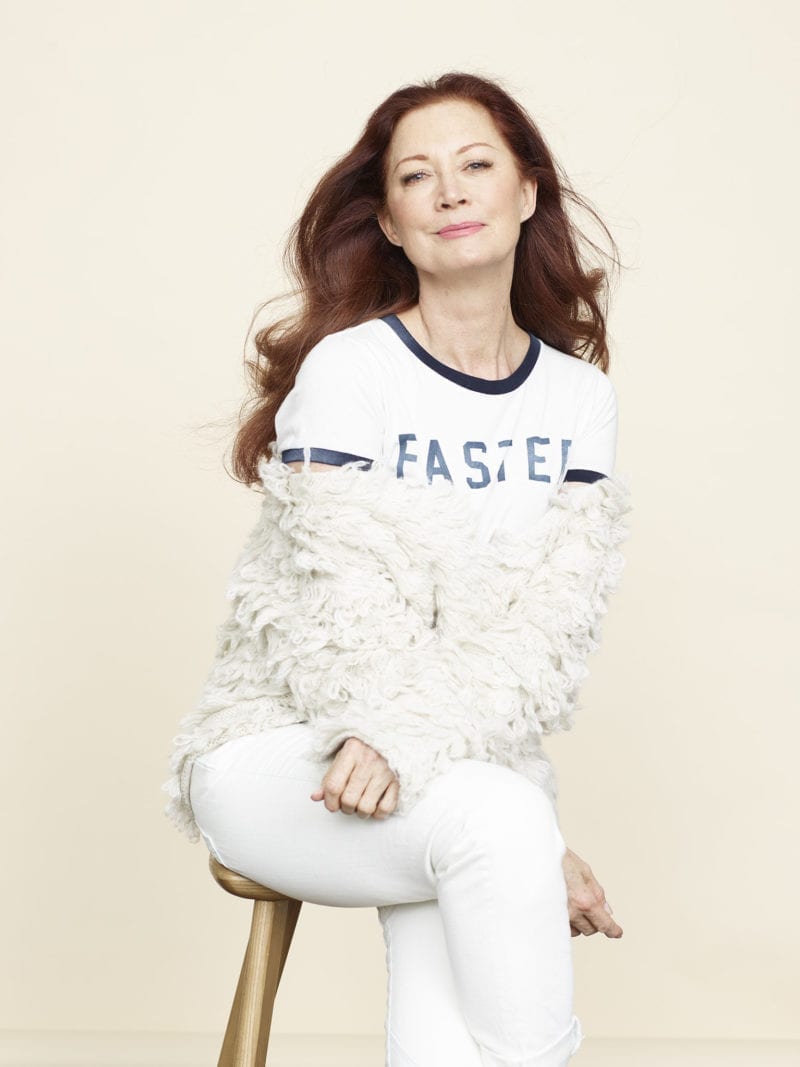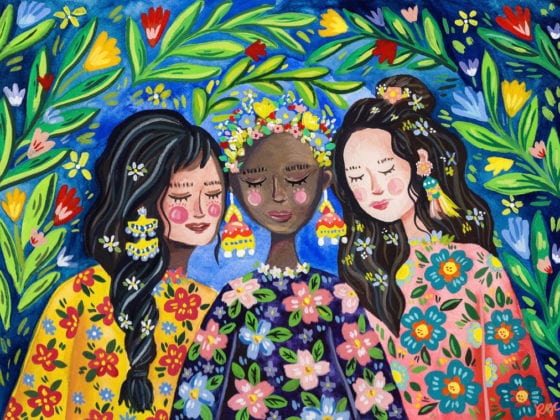I want to start with some good news: What if the whole idea of it being “too late” to do something is just a social construct?
The Merriam-Webster dictionary defines a social construct as “an idea that has been created and accepted by the people in a society. Another dictionary says, “Social constructs develop within a society or group. They don’t represent objective reality but instead are meaningful only because people within the society or group accept that they have meaning. Simply put, social constructs do not have inherent meaning.”
The point is that these ideas of it being “too late” or you being “too old” are all imaginary. They don’t actually exist on their own.
These ideas of it being “too late” or you being “too old” are all imaginary.
For example, you would likely disagree with the social construct that having wealth makes a person more valuable. You might shake your head and say that’s ridiculous. Yet, we all fall subject to social constructs that impact our sense of freedom in our lives whether it’s body image, relationship status or age.
It’s never too late to go back to school or to pursue a dream of any kind; you might have just believed that it was. The good news is that beliefs can be chosen and therefore unlearned. Beliefs are not inherent. And right now, you can choose a new belief that is more congruent with who you are and who you are becoming.
The good news is that beliefs can be chosen and therefore unlearned. Beliefs are not inherent.
Here are some simple steps to deconstruct old ways of thinking about your timeline and how to replace them with new, more accurate beliefs:
There is no age limit on making an impact.
As a woman settling into middle age, I am experientially understanding more and more about our youth-obsessed culture. I always knew it was there, and I’m not surprised. It’s just a new level of understanding to feel the obsession of youth when you are no longer young and to start the journey of owning your worth at every age.
I work with a lot of young people who often feel like a failure. Their reasons range anywhere from not being successful yet because they haven’t started a nonprofit by the age of 22 or their emergence into adulthood isn’t marked by hundreds of thousands of followers on social media.
The myth is not only that impact needs to be made when a person is young, but that impact needs to be public and large to actually matter. By that logic, most of us and most of the people who have impacted us would not be counted as “successful.”
The myth is not only that impact needs to be made when a person is young, but that impact needs to be public and large to actually matter.
We know it isn’t true—that youth holds the only chapters where we can do the things we dream of. Yet, we might still succumb to this false way of thinking. However, there is no age limit to making an impact. Having more years under your belt can create an incredible advantage in perspective, wisdom, adaptability and gratitude.
Surround yourself with the voices of people you admire.
We sometimes falsely believe that mentors have to be people we know. This way of thinking is so limiting! I have always wanted a mentor and never had one. However, the truth is that you can choose anyone as your “mentor” who you admire. Whether that is an author, speaker or podcaster, the list goes on.
Find someone who “went back to school,” did something brave or is pursuing a new dream that you respect. Research and find everything you can about what they have to say. Reading their story will inspire you.
For extra credit: Flip the script and imagine your story inspiring someone else! You don’t have to be famous to make an impact. Your brave steps will undoubtedly impact others watching or looking for someone to help them feel brave.
Ask yourself: How do you want to feel?
This is a question I often ask my children when they are up against a big task or I am encouraging them to take ownership of something. I ask them, and now, I also ask myself: How do you want to feel about your work, yourself and your effort at the end of this?
This takes the question out of performance mode and into the heart and soul range. This answer is usually pretty simple: “Proud of myself, like I tried my best.” This allows us to stop contemplating how the outcome of our efforts will look and start thinking about how we’ll experience the impact of our choices.
So I ask you: How do you want to feel? Think less about what “they” will think and how it will look. Instead, listen closely to how you want to feel. Therein lies a lot of important information for you.
Think less about what “they” will think and how it will look. Instead, listen closely to how you want to feel.
Your story isn’t over yet.
Imagine you’re reading your favorite novel. It can be one from when you were a child or one you have read as an adult. You are engrossed in the story, you’re following along and then, abruptly the chapters stop. You’d find yourself flipping through and wondering, “Where is the rest of my favorite story?”
Another scenario: Think about how it feels when you finish that favorite book or TV show and you want to read or watch more about the characters because you are so invested. You just want their story to continue—to see what is next. We never think when it comes to engaging with the characters in our favorite stories that it is too late for them to grow or to progress. No, instead we curiously watch for what will come next, and we lovingly cheer on our favorite characters and storylines.
You are a story, a beautiful one with hard and happy parts. If you’re still here, then the story isn’t over yet. Write your next chapters. Go back to school. Follow your dream. You are bravely writing the next chapters that you and others watching will be so glad to read.
Is there a dream that you have always wanted to pursue but you feel like it is “too late” or that you are “too old?” What steps can you take to challenge these notions?
Image via Ben Cope, Darling Issue No. 19











